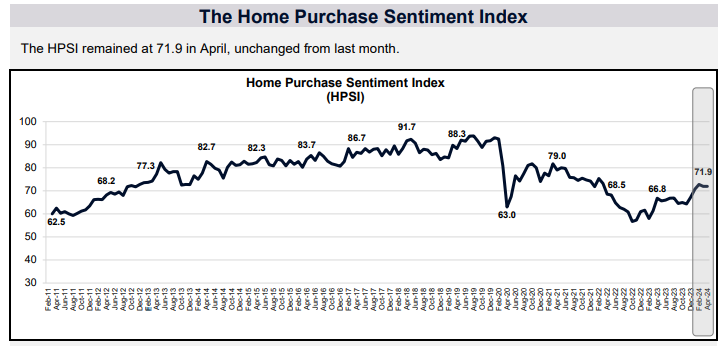Advertisement
Options available for troubled mortgages and clients you cannot refinance
Mortgage market complexity foils consumers and undermines fair lendingMortgagePress.comForeclosure prevention
The recent rise in foreclosures suggests that some borrowers are
taking on debt that they have little or no capacity to repay,
selecting products that are not suitable for their needs or signing
up for mortgages that they don't understand. Two reports by Harvard
University researchers contend that these are just some of the
inevitable consequences of an increasingly complex mortgage market
and a regulatory system that has failed to adapt to the dramatic
changes that have transformed the mortgage lending landscape in
recent years.
Funded by a Ford Foundation grant to the Joint Center for
Housing Studies of Harvard University, this new research examines
the behavior of mortgage market participants and the emergence of
new mortgage delivery channels linked to the rapid growth of higher
risk sub-prime mortgages.
"Despite the fact that our society values consumer choice,"
observes Nicolas P. Retsinas, Joint Center director, "the ability
of consumers to make informed choices about complex mortgage
products is limited. The situation facing consumers is made even
more difficult by the widespread use of targeted incentives that
encourage some mortgage brokers and loan officers to aggressively
market confusing, and often more costly, sub-prime products to
less-than-knowledgeable and often desperate borrowers."
In a briefing held at the offices of the Board of Governors of
the Federal Reserve System in Washington, D.C., Ren S. Essene, one
of the study authors, added, "Many of today's innovative loan
structures seek to provide mortgages that help prospective
homebuyers overcome affordability barriers, yet the push-marketing
of inappropriate mortgage products to unsuspecting borrowers has
the potential to harm individual families and spark a wave of
foreclosures that can destabilize already fragile
neighborhoods."
Consumer and lender behavior also prompts ongoing fair lending
concerns, as many minorities are especially vulnerable to the
aggressive marketing tactics of what the study describes as
"low-roaders." These concerns are magnified by the fact that the
rise of sub-prime mortgage lending is linked to the rise of new and
typically lightly regulated non-bank sub-prime mortgage specialists
and their network of mortgage brokers, as well as new mortgage
conduits that sell securities backed by higher-risk mortgages to
the secondary market.
"Unfortunately, many of these new players are subject to the
least regulatory scrutiny," says William Apgar, one of the study
authors. "As a result, the lack of effective and uniform regulatory
oversight, along with the lack of readily available mortgage
pricing data, results in a mortgage delivery system in which some
borrowers pay more for mortgage credit and/or receive less
favorable treatment than other similarly situated and equally
credit-worthy borrowers."
In addition to examining the root causes of consumer confusion
in the mortgage market and the current rise in foreclosures, the
studies point to the need to develop new forms of point-of-sale
consumer assistance to enhance the ability of consumers to obtain
manageable and fairly-priced loans. These initiatives include new
telephone and online counseling services, where counselors are
armed with the information needed to help consumers push back
against today's aggressive push-marketing activity. In addition,
the research suggests actions that the mortgage industry could take
to effectively sanction mortgage market participants who exploit
those consumers unable to fend for themselves.
To ensure that all borrowers have access to the same set of
consumer protections typically available in the prime market, the
research suggests a series of actions that could promote greater
regulatory uniformity. Reforms for oversight of the primary
mortgage market include proposals to expand the reach of the
Interagency Guidance on Nontraditional Mortgage Product Risks to
include loans made by independent mortgage companies, legislation
to extend existing Community Reinvestment Act oversight to cover
all lending organizations and legislation that directs federal
regulatory agencies to assume responsibility for the licensing of
all mortgage brokers and loan officers that directly interact with
consumers in the mortgage lending process.
The research also suggests the need to create more uniform
oversight of secondary market participants. These initiatives
include efforts to strengthen monitoring of securities involving
sub-prime mortgages, as well as efforts to hold secondary market
investors accountable by eliminating or modifying existing
legislation and regulations that limit assignee liability. Such
efforts would substantially increase incentives for secondary
market investors to more carefully consider whether the loans that
they purchase comply with fair lending standards, as well as ensure
that they are not the product of illegal or abusive lending
practices.
For more information, visit www.jchs.harvard.edu.
About the author





